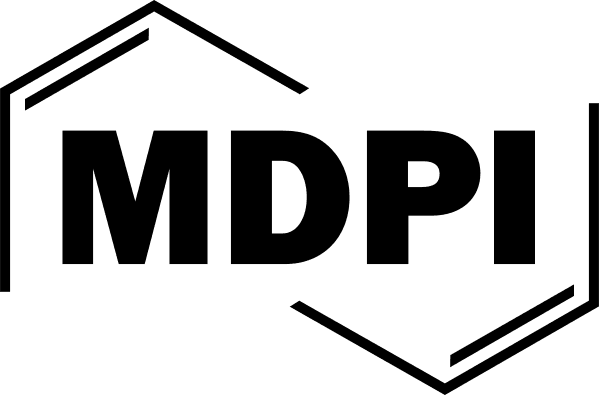
Fast detailed kinetics calibration methodology for 3D CFD simulations of spray combustion


Fast detailed kinetics calibration methodology for 3D CFD simulations of spray combustion
Charles Turquand d’Auzay, Product Manager, Fluid Dynamics, Ricardo Software
Virtual Simulation Event 2022
Meeting strict current and future emissions legislation necessitates development of computational tools capable of predicting the behaviour of combustion and emissions with an accuracy sufficient to make correct design decisions while keeping computational cost of the simulations amenable for large-scale design space exploration. While detailed kinetics modelling is increasingly seen as a necessity for accurate simulations, the computational cost can be often prohibitive, prompting interest in simplified approaches allowing fast simulation of reduced mechanisms at coarse grid resolutions appropriate for internal combustion engine simulations in design context.
Charles Turquand d’Auzay presents a simplified Well-stirred Reactor (WSR) implementation coupled with the 3D CFD Ricardo VECTIS solver. A detailed evaluation of the benchmark ECN spray problem is presented demonstrating that a single point calibration of such a model using a bulk reaction multiplier approach can provide correct representation of the solution across a wide range of temperatures on grid sizes typically employed for RANS internal combustion engine simulations with tabulated kinetics or zonal combustion models.
Realis Simulation, formerly Ricardo Software.
Our insights


Biofuel Concentration in Low-Speed Pre-Ignition in Gasoline Engines
Technical Paper